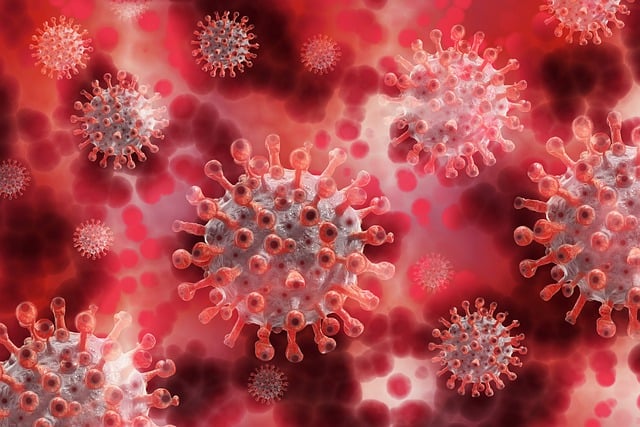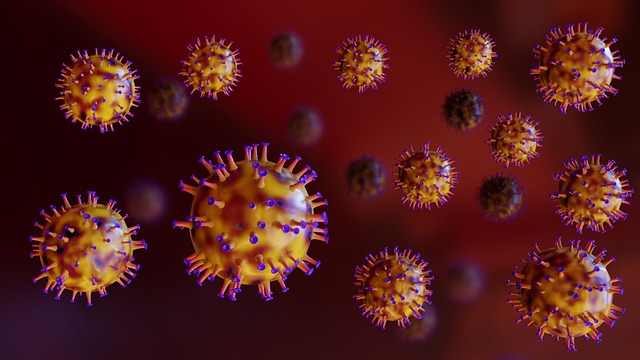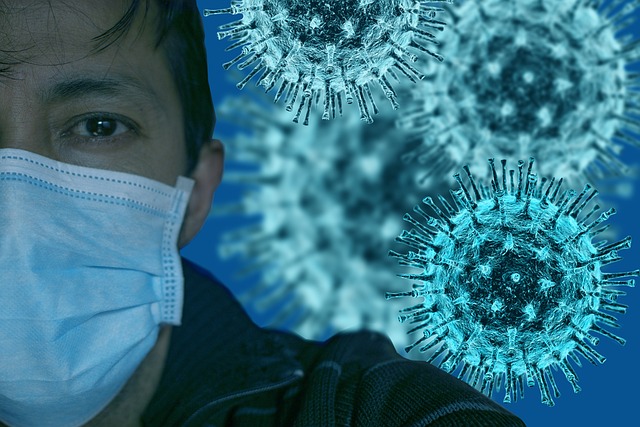Hepatitis C Testing Among Perinatally Exposed Infants: Clinical Practices and Associated Factors
Utilization of hepatitis C testing in perinatally exposed infants varies, with factors such as healthcare provider practices and maternal risk factors influencing testing rates, highlighting the need for standardized screening protocols and increased awareness of testing recommendations in clinical practice.
January 2021

Ten Lessons Learned from COVID-19: Reflections on Pandemic Care Practices
Synthesizing experiences from the pandemic months offers valuable insights into the clinical management of patients with diverse COVID-19 presentations, informing future pandemic preparedness and public health responses to mitigate the impact of infectious disease outbreaks.
January 2021

Interpretation of Diagnostic Tests for SARS-CoV-2: Insights into Test Performance and Clinical Utility
A viewpoint provides guidance on interpreting diagnostic tests for SARS-CoV-2 infections, emphasizing the importance of understanding test characteristics and performance metrics in clinical decision-making and public health surveillance efforts.
January 2021

Gastrointestinal Manifestations of COVID-19: Insights from Fecal Virus Load in Hong Kong Cohort
Analysis of fecal samples from a Hong Kong cohort reveals the presence of SARS-CoV-2 virus, highlighting the gastrointestinal tract as a potential site of viral replication and shedding in COVID-19 patients, providing valuable insights into disease transmission and clinical management.
January 2021

Preventing Human-to-Human Transmission of SARS-CoV-2: Insights from Modeling Studies
Modeling studies support the effectiveness of physical distancing measures of 1 meter or more in reducing human-to-human transmission of SARS-CoV-2, providing quantitative estimates to inform public health policies and interventions aimed at controlling infectious disease outbreaks.
January 2021

Coronavirus Disease 2019 in Children: Preparedness Strategies for Pediatric Care
Pediatric care physicians play a crucial role in preparing offices, facilities, and communities for the anticipated surge of COVID-19 cases in children, necessitating proactive measures to ensure adequate healthcare resources and support for pediatric patients during the pandemic.
December 2020

Loss of Taste and Smell in COVID-19: Association with Flu-Like Symptoms
Chemosensory dysfunction, particularly loss of taste and smell, is strongly associated with COVID-19 infection in ambulatory individuals presenting with flu-like symptoms, suggesting potential utility as a diagnostic marker for identifying infected individuals in community settings.
December 2020

Circulation of SARS-CoV-2 in Indoor Environments: Insights from Environmental Monitoring
SARS-CoV-2 RNA levels in indoor air environments are generally undetectable, except in crowded areas, highlighting the importance of infection control measures and ventilation strategies in mitigating viral transmission risks in public settings.
December 2020

Temporal Dynamics in Viral Shedding and Transmissibility of COVID-19: Insights from Contact Tracing
Contact tracing data reveal that a significant proportion (44%) of secondary COVID-19 cases are infected during the pre-symptomatic stage of index cases, particularly in settings with family clustering, underscoring the importance of early detection and isolation measures to mitigate transmission risks.
December 2020

COVID-19: Kinetics of Viral Clearance and Symptom Resolution
Despite symptom resolution, the virus can remain detectable in patients for up to 8 days after recovery, emphasizing the importance of continued monitoring and infection control measures to prevent transmission during the convalescent period.
December 2020















